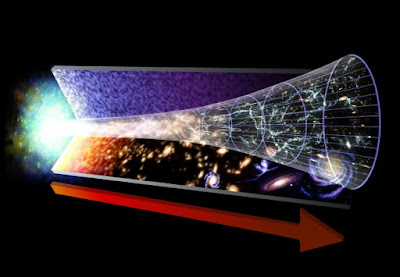Orchid Pollination — Design, Not Evolution

We ha ve had some heavy-duty material here lately, this piece of light reading may be a nice change of pace. Aside from hybridization and other forms of artificial selection, thousands of orchid species exist in nature. I'll allow that I'm tempted to assign human characteristics to some of them, such as conniving, deceptive, ingenious, and others because of their amazing abilities to get themselves pollinated. They look nice, too. Credit: Morguefile / Moonlightway Most of us know that one of the most important ways for flowers to get pollinated is to let insects — especially bees — do the job. Some orchids mimic insects to attract them, as well as giving a fragrance that appeals to them. There are even a few varieties that have a kind of "catch and release" program for bees — the Bucket Orchid even produces a liquid that makes the male bee attractive to female bees! Other orchids mimic insects to get the attention of other insects. Darwin's disciples





